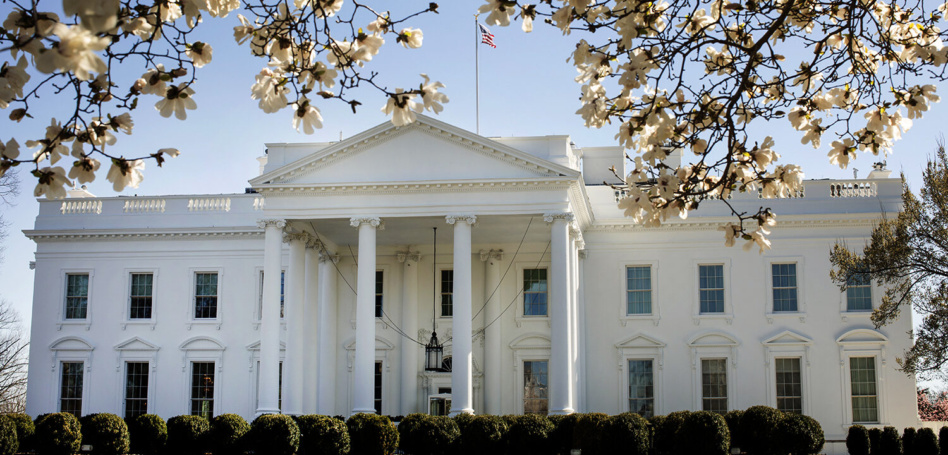The next president must make space more resilient by boosting cooperation with the private sector, protecting the domestic supply chain, and increasing government investment in promising tech, according to a memo released Monday by MITRE.
The document from the non-profit’s Center for Data-Driven Policy is intended to help the presidential transition teams make US space capabilities more resilient—a top priority for the entire space community as more resources and operations move to orbit.
“To maintain leadership in the global space economy and safeguard national security, the incoming administration must focus on enhancing and securing vibrant, resilient space capabilities. This requires public-private cooperation and international collaboration,” the paper said.
Big picture: The memo lays out five big picture goals for the incoming administration to help guide the space conversation:
- Supporting the space industrial base and securing the US supply chain
- Investing in domestic space capabilities through grants, tax incentives, and subsidies
- Maintaining support for NOAA’s space traffic manage system
- Committing to the Artemis Accords and the LunaNet effort to provide connectivity on the Moon
- Promoting resiliency and collaboration to make space more secure and profitable
Get to work: The memo also proposes a plan for implementation, including urging the new administration to tackle multiple priorities in the first 100 days.
- Establishing a Public-Private Space Collaboration Forum to boost partnerships between the commercial sector and government
- Ensuring government work on space is operating efficiently across multiple agencies rather than in a stovepipe
- Directing the National Science and Technology Council to establish a program to award grants and subsidies to space tech R&D initiatives.
Zoom out: MITRE has been releasing a series of papers making recommendations for the presidential transition teams on issues ranging from cyber security to artificial intelligence to acquisition. The center has published two papers focused on space: the one highlighted here, and one on improving US space capabilities in integrated deterrence that was released in July.




